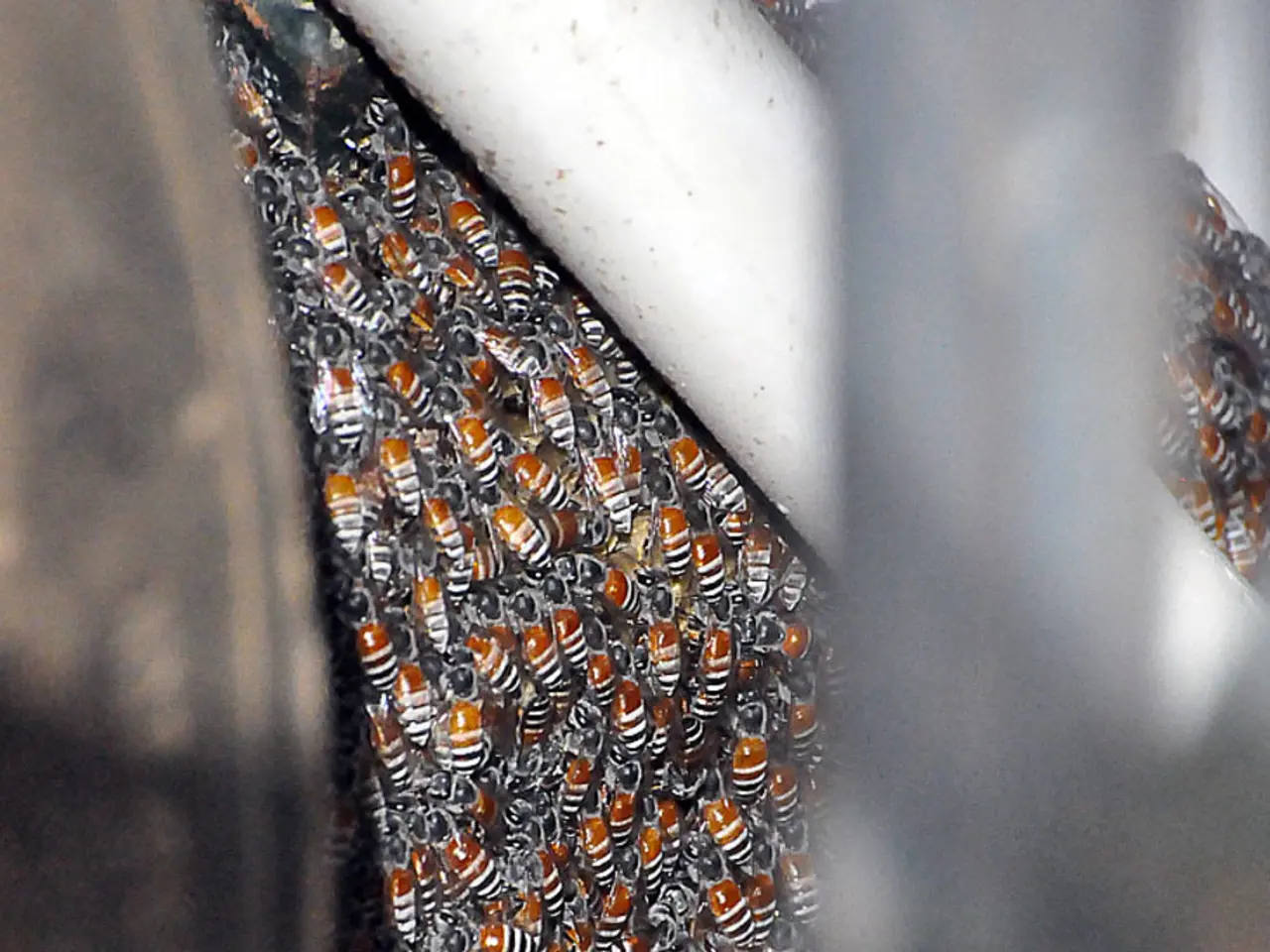Consumers in Europe Opt for Domestic Honey Productions
In a world where food choices are numerous, the European Beekeeping Association is encouraging consumers to make a conscious decision when it comes to honey. By opting for European honey, individuals can support quality, sustainability, and the preservation of local bee species.
The pristine geography of Europe, with its clean nature and waters, contributes to the superior quality and aroma of its honey. By choosing European honey, you're not only indulging in a delicious treat but also contributing to the preservation of cultural heritage and centuries-old culinary experiences. Moreover, adding honey to your culinary dishes can enhance nutrient absorption in the body.
Choosing European honey also has environmental benefits. It reduces environmental pollution associated with long-distance transport and the use of energy sources in the honey adulteration process. The European Commission has announced that almost 50% of imported honey is fake, making it essential to opt for real bee honey.
European beekeepers adhere to traditional production methods and prioritise bee health. Strict control of harvest timing and moisture content ensures the highest nutraceutical quality, and the emphasis on sustainable beekeeping methods supports biodiversity and local ecosystems.
Regulatory categorization and standards set by the European Union for honey types ensure consistent quality and labeling transparency. European honey is frequently linked to regional floral sources and traditional methods, offering unique flavors and higher consumer trust compared to blends or generic imported honeys.
By choosing European honey, consumers help maintain the interest in beekeeping, contributing to the survival of bees. European bees are not treated with antibiotics or other agents banned in Europe, reducing the risk of honey contamination. European honey production follows high hygienic standards.
In addition, by supporting local beekeepers, consumers can help reduce inflation, prevent the outflow of capital from Europe, and improve the quality of all domestic agricultural products that require pollination, as pollination cannot be imported like honey.
However, it's important to note that counterfeit honey can contain harmful substances like sodium hydroxide, artificial enzymes, artificial flavors, artificial colors, and low-grade sugars, which can pose risks to human health. Authentic bee products, on the other hand, are increasingly successfully used in apitherapy.
European honey contains antioxidants, minerals, and probiotic bacteria that are more adapted to the human body than expected. The text, prepared by the European Beekeeping Association, emphasises the advantages of consuming honey from geographical Europe and will be sent to all members of the European Parliament and EU leadership.
The Association also calls for urgent action from European countries to address the issue of counterfeit honey, as beekeeping in Europe is endangered. By choosing European honey, you're not just enjoying a delicious treat but also helping preserve nature and European biodiversity, as bees also pollinate a huge number of wild plants that are a crucial part of the food chain in nature.
This article is not intended as criticism but to highlight the benefits of European honey for European consumers.
Choosing European honey not only satisfies your taste buds with its unique flavors but also supports the cultural heritage of health-and-wellness practices as well as environmental-science initiatives, such as sustainability and biodiversity preservation. Moreover, the higher nutrient absorption in your body from added honey in your diet also extends to its health benefits, such as antioxidants, minerals, and probiotic bacteria, all of which are more adapted to the human body.




